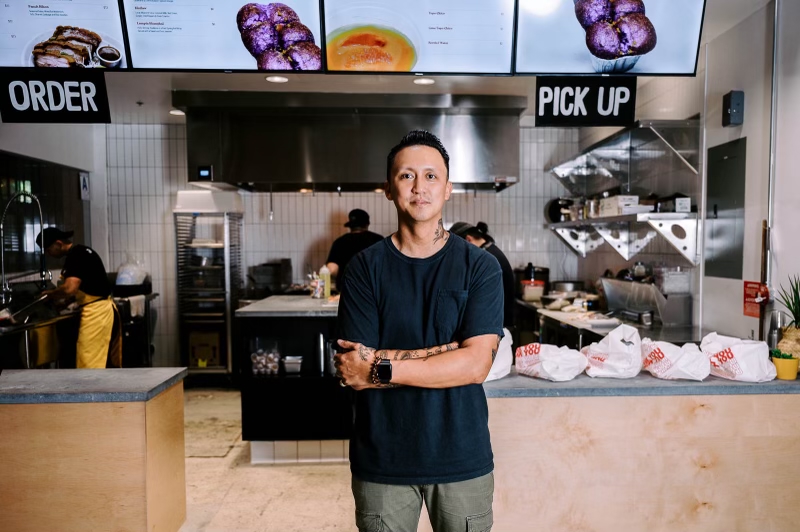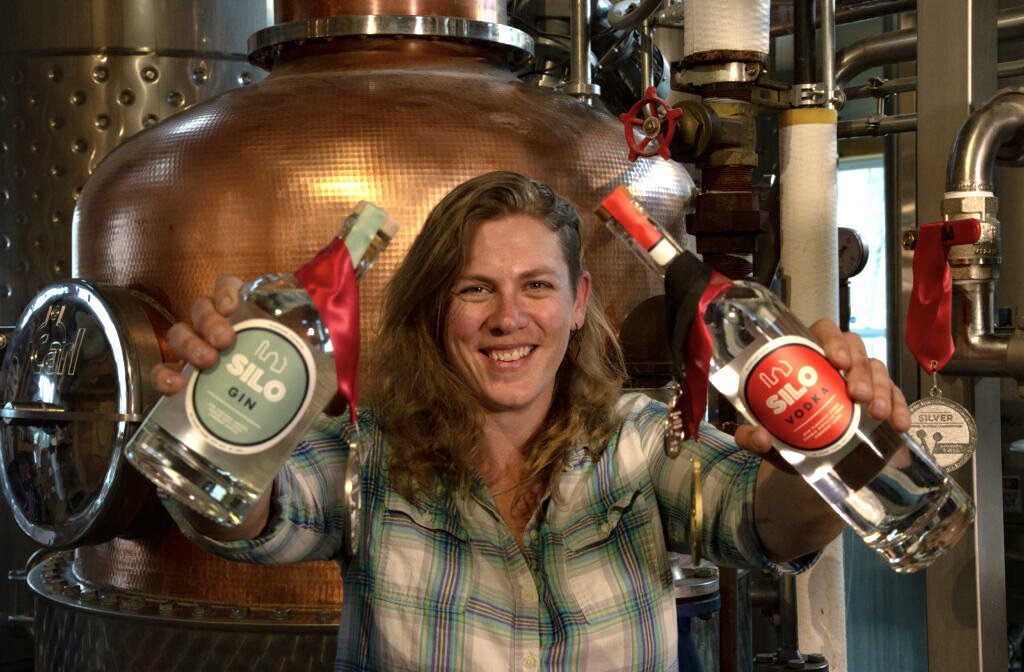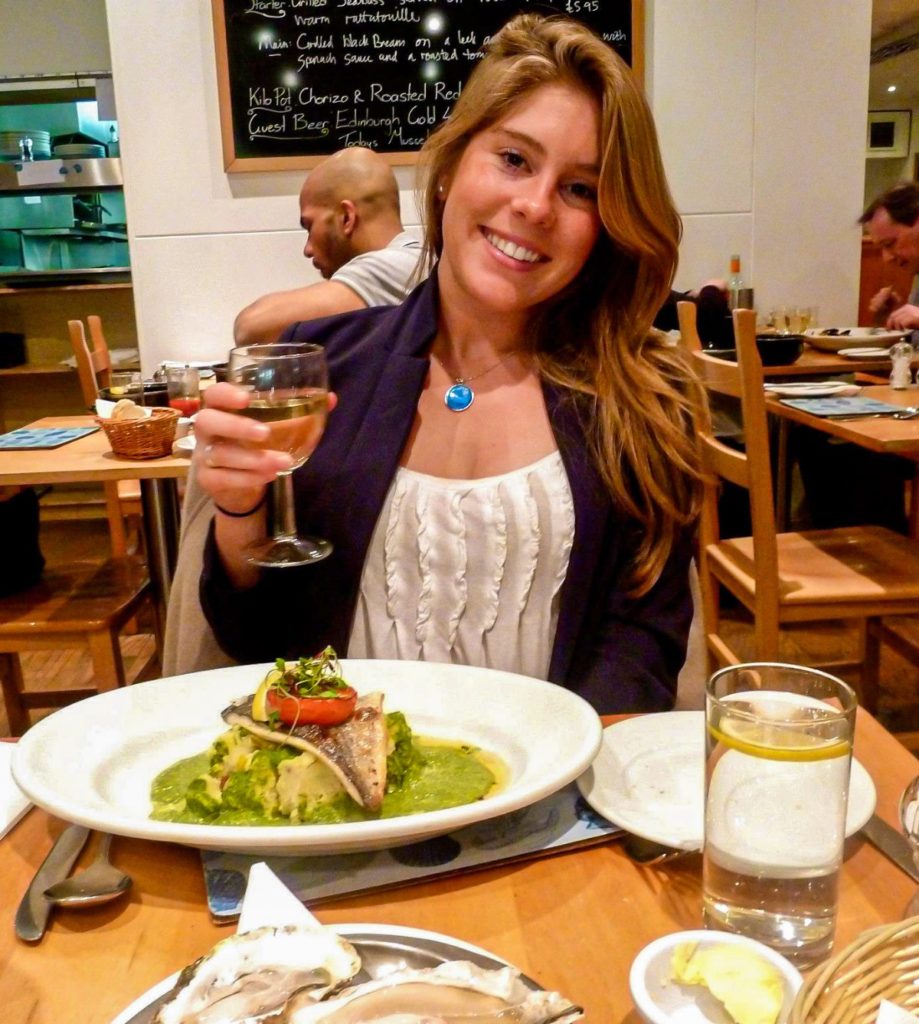
San Diego-based OpenGym is a different sort of hospitality group. In addition to food, Chef Phillip Esteban, who operates Craft Meals Catering and White Rice, considers wellness and community to be pillars of his work.
That multi-faceted approach is exemplified by the organization’s response to the pandemic. Esteban knew that fishers were still fishing, even though restaurant closures limited the market for their products. He launched the Fish to Families project as an innovative way to get surplus ingredients to those who needed them the most, by purchasing fish from the local fishers, preparing it and then distributing meals free of charge to underserved communities.
Another project, One to One, donated a rice bowl for every rice bowl purchased. Ultimately, OpenGym’s non-profit arm provided over 350,000 meals to those in need.
Food insecurity existed prior to the pandemic and continues to be a problem, but as government funding has shifted to other priorities, Esteban has likewise refocused his non-profit work to center community outreach, especially via the school system. OpenGym’s non-profit has partnered with other non-profit organizations to teach people in underserved communities how to make nutritious food, with an emphasis on seasonal ingredients.

Photo Courtesy of OpenGym
In addition to his non-profit work, Esteban’s 20-plus years in the hospitality industry have included stints at three Michelin-starred restaurants. That includes the operation of Craft Meals Catering and White Rice, which has two locations that serve Filipino rice bowls inspired by his upbringing. Esteban’s upcoming project is WellFed, a modern Filipino fine dining restaurant.
“Identity is a big part for me,” he said. “What can I do to use my experience to amplify Filipino and Fil-Am [Filipino-American] culture, so that it has a seat at the table?”
“To me, Filipino food is one of the most complex cuisines. It’s a balance between sweet and sour,” Esteban said. “I wouldn’t go so far as to say fusion, but it’s a culture that has been influenced by lots of other cultures too through the history of colonization.”
Filipino cuisine, he added, has been shaped by ingredients from Polynesia, Malaysia, Indonesia, China, Spain and the United States, which has resulted in unique dishes that people from many different cultures can relate to even if they are new to Filipino food.
Esteban said the most rewarding aspect of his work is “creating a pipeline for the next generation” by inspiring and mentoring young chefs of color and seeing them reclaim their cultures.

Photo Courtesy of OpenGym
He’s also energized by his efforts to create a more sustainable work culture in the hospitality industry. For example, in addition to traditional benefits, employees get a free gym membership so that they have a healthy outlet to cope with stress. His restaurants close at 8 p.m. so that employees can spend time with loved ones or have time for themselves, versus working until midnight or later.
“For as long as I’ve been in the industry — and I have two boys myself — I’ve thought, how can I create something I love and also be with the people I care about?” he said. “I want to make that possible for myself and for my staff.”
NEXT ON THE DISH








